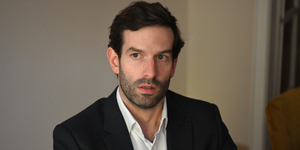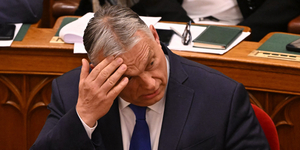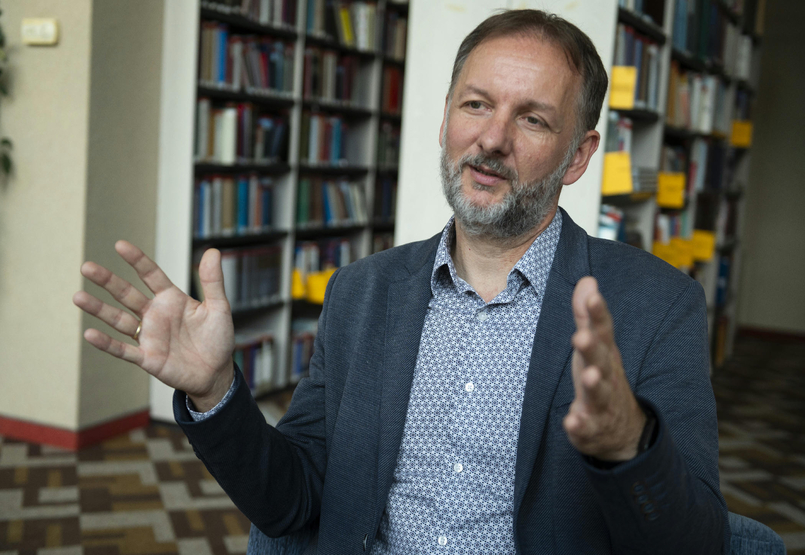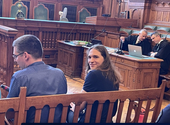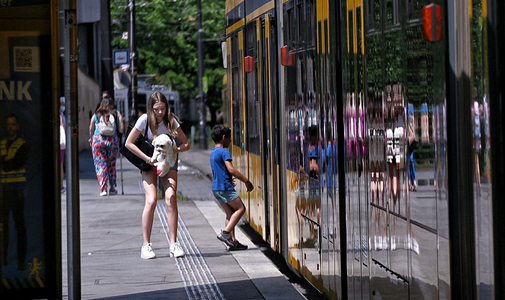Hungarian-romanian relationships
How they count?
Every day, polling companies have news about the state of play in the election campaign. Are they biased, and if yes, then which way do these companies lean?
Leader or prime minister?
© Túry GergelyIn your studies, you claim that Hungary was a party-based democracy until 1998, after which government...
„Orban: Republic is only a garment warn by the nation”
Ideology reared its head in the campaign two weeks before the first round of the election. Where, before, the parties were competing on promises, with republican or national rhetoric only playing a subsidiary role, suddenly the campaign has turned into what can almost be described as a kulturkampf.
Head of the Democratic Forum
The Hungarian Democratic Forum (MDF) would never enter government with the Socialist Party. They would join a Fidesz coalition only if the Ibolya Dávid were the prime minister, said Ms Dávid, the 52-year-old president of the MDF, who thought it sad that only her party was protesting against corruption.
Last before the elections
Ferenc Gyurcsány wants to define the difference between the left and right wings as a contrast between democracy and autocracy. If the 45-year-old socialist politician's party wins the election, he promises to continue by reforming the state bureaucracy, local government and healthcare. If he loses the election, he will turn to the Socialist Party and tell them: "That was all I could do."
Interview with Viktor Orbán
Viktor Orbán would like to see more liberals find a home inside Fidesz, to bring the conflicts - with due respect for differences of opinion - inside the Fidesz camp. In his exclusive interview with HVG.hu, the prime ministerial candidate said he was not trying to weaken the institutions of democracy. On the contrary, he wants closer representation of the people. If Fidesz wins the election, he wants to see Parliament play an important role. He aims for the best possible relationship with the United States, which he sees as the only guarantor of Hungary's security. If the budget runs out of control, he will dock both his and his ministers' pay.



